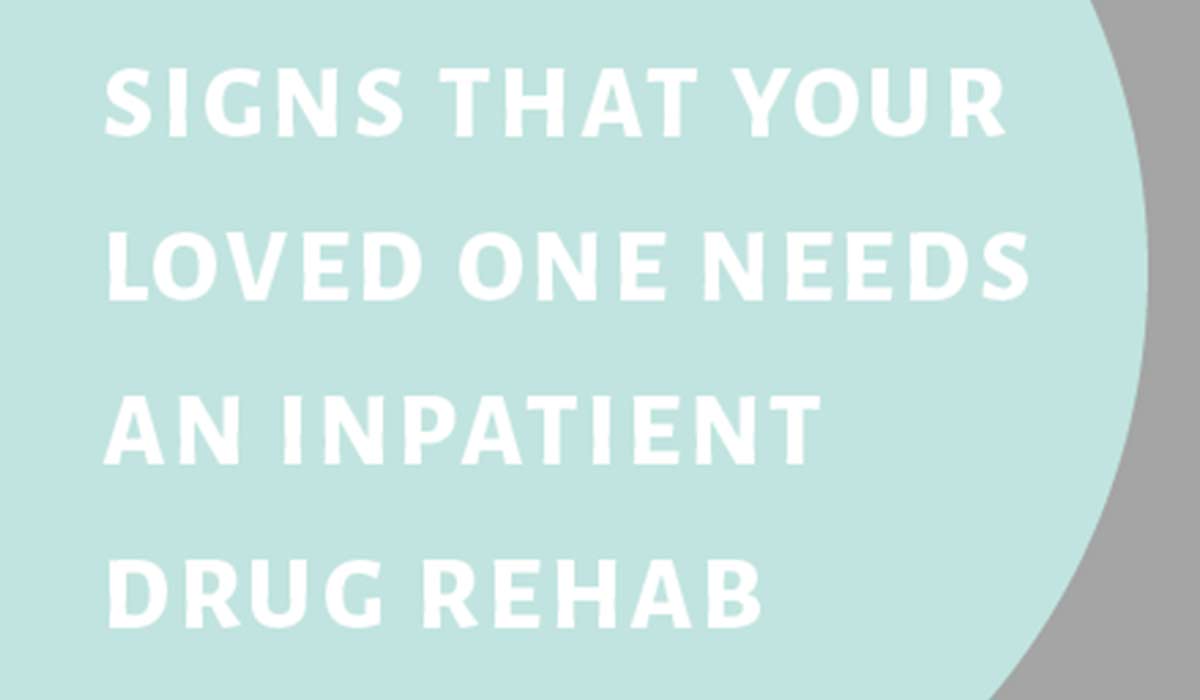Obtain Understanding On Exactly How To Overcome Triggers And Food Cravings After Rehabilitation By Implementing Efficient Methods To Preserve Your Sobriety And Browse Through Tough Minutes
Obtain Understanding On Exactly How To Overcome Triggers And Food Cravings After Rehabilitation By Implementing Efficient Methods To Preserve Your Sobriety And Browse Through Tough Minutes
Blog Article
Article Composed By-Bojesen Stilling
You have actually completed Drug rehabilitation and taken a considerable step in the direction of a much healthier way of living. But now, dealing with triggers and desires post-rehab can be a tough journey. How do you browse with these moments without endangering your progress? Understanding the methods to handle triggers and cravings is important in maintaining your soberness. Let's discover Top Outpatient Rehab in Florida to deal with these difficulties and safeguard your newfound dedication to living a drug-free life.
Identifying Triggers and Food Cravings
To successfully handle your triggers and food cravings, begin by acknowledging the situations or emotions that lead to your need to use. Take a moment to review what circumstances or feelings trigger your yearnings. Is it tension, monotony, social scenarios, or particular locations? By pinpointing these triggers, you can much better prepare yourself to deal with them.
Triggers can be both interior, such as negative emotions or physical pain, and exterior, like being around people that utilize materials or checking out a specific area.
Pay attention to patterns in your desires-- are they more frequent at certain times of the day or in response to particular occasions?
Structure Healthy And Balanced Coping Approaches
Determining your triggers and food cravings is the primary step in the direction of structure healthy and balanced coping techniques to manage them successfully. As soon as you recognize what circumstances, feelings, or individuals cause your yearnings, you can start developing a strategy to address them.
One reliable method is to change unfavorable actions with favorable ones. For instance, if anxiety activates yearnings, practicing relaxation techniques such as deep breathing or reflection can aid. Taking https://writeablog.net/shanon3467roy/damaging-the-stigma-misconceptions-and-also-facts-regarding-drug-rehab in physical activities such as workout or choosing a walk can likewise be a great way to manage cravings.
One more essential facet of building healthy coping approaches is to produce a helpful setting. https://postheaven.net/daryl903fletcher/debunking-typical-myths-about-drug-addiction-therapy with people that understand your journey and can supply motivation and accountability. https://www.ocregister.com/2021/08/16/addiction-rehab-ceo-indicted-on-federal-conspiracy-charges-dead-at-51 is very important to develop boundaries with individuals that may not support your recovery.
Additionally, establishing a routine that consists of healthy and balanced behaviors like normal workout, correct nourishment, and sufficient rest can aid you stay on track and minimize the chance of experiencing triggers and cravings.
Seeking Assistance and Responsibility
Producing a network of supportive individuals who can supply motivation and hold you answerable is important in handling triggers and cravings effectively. Seek close friends, family members, or a support system that comprehend your trip and can use support when you deal with tough circumstances.
Having somebody to talk with during moments of lure can make a substantial difference in remaining on track with your recuperation. Accountability companions can help you remain focused on your objectives and advise you of the reasons you chose to seek aid to begin with.
They can additionally help in producing a structured plan to handle triggers and food cravings, such as establishing alternate tasks or coping mechanisms to change the urge to use drugs. Routine check-ins with your support system can provide confidence and motivation, helping you really feel less separated in your healing journey.
Verdict
Remember, recognizing and managing triggers and cravings after Drug rehabilitation is a vital part of keeping sobriety.
By identifying your triggers, building healthy and balanced coping strategies, and looking for support from loved ones or support groups, you can navigate through tough moments and remain focused on your sobriety goals.
Bear in mind, you aren't alone in this journey, and with the right devices and support, you can get rid of temptations and live a satisfying, drug-free life.
Keep solid and maintain moving forward.
